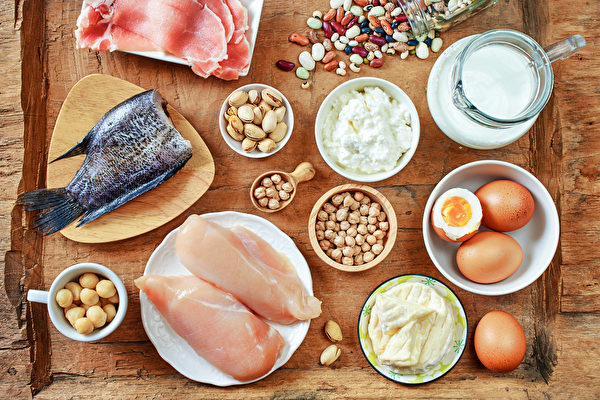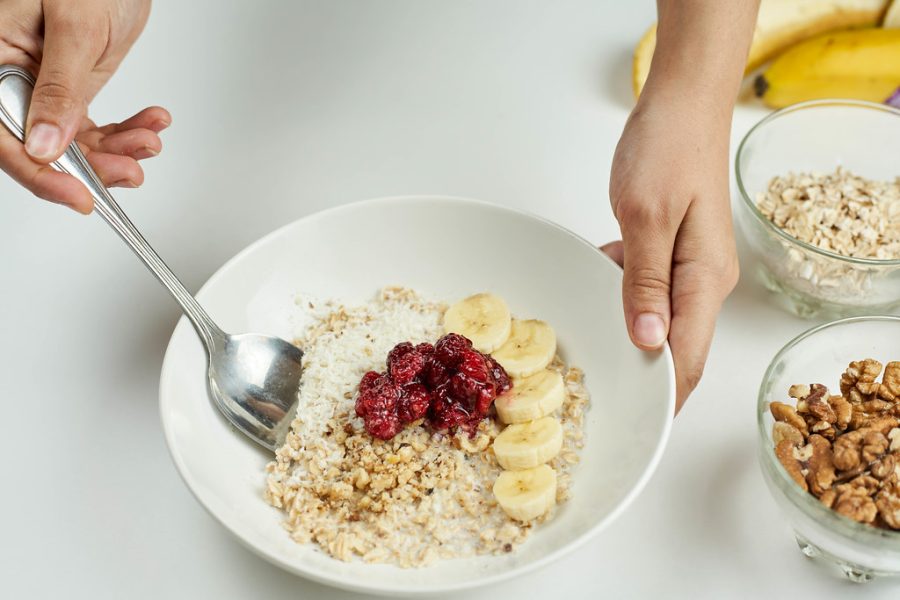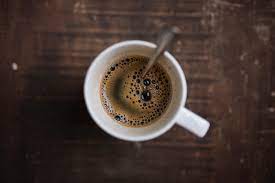Can’t sleep well? Eat these things on the line insomnia is the most important cause: tension, anxiety, stress and other emotional factors
By consuming some foods, you can alleviate this problem and relieve insomnia. Here is a list of recommended foods, but also includes a list of 40 foods to buy in the supermarket, quickly take out a small notebook to write down!
6 Types of Foods That May Be Good for Sleep
Category 1: Tryptophan Series
Tryptophan enters the body and is converted into two sleep-related chemicals: the first: melatonin, which helps regulate the sleep cycle; and the second: pentazocine, which produces a relaxing effect.
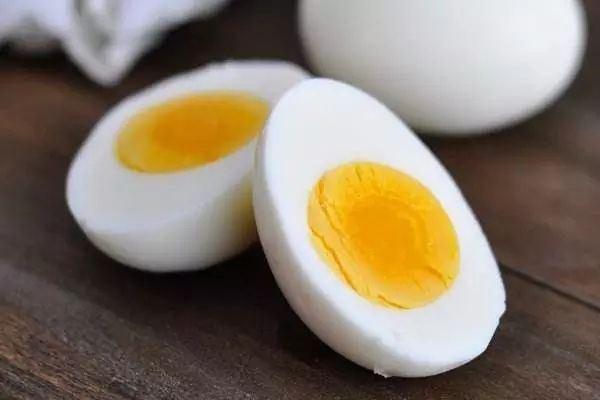
1. Egg white
If it turns out that you are used to eating eggs in the morning, then try eating them at night to see if there is a new effect
2.Soybeans
Including soybeans and soy products
3. Poultry
Including chicken, duck, goose, etc.
4. Low-fat dairy products
Including low-fat milk, low-fat yogurt, low-fat cheese, etc.
- Nuts
Including walnuts, flaxseeds, pumpkin seeds, sunflower seeds, black sesame seeds, almonds, walnuts, etc., which can moderately increase the level of quinine serotonin
Category 2: Vitamin series
Mainly refers to foods rich in vitamin B6, B6 is related to the production of melatonin.
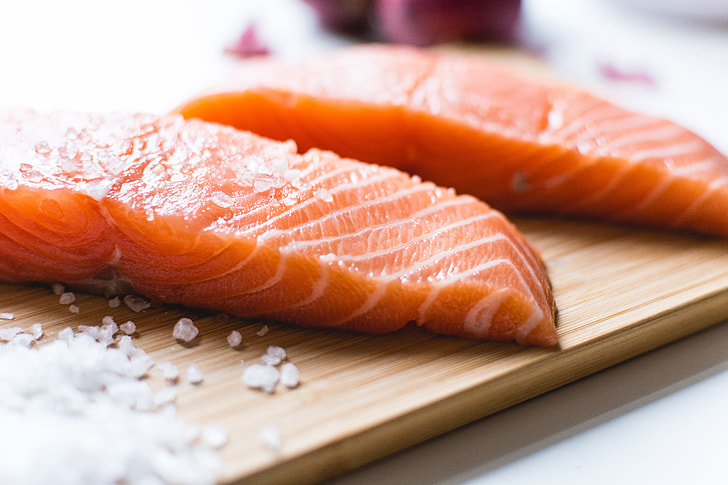
1. Salmon
Vitamin B6 is abundant in fish
2.Tuna
Melatonin is produced under dark conditions, so it is recommended to eat fish with dinner
Category 3: Mineral Series
Mainly refers to foods containing calcium, potassium and magnesium.
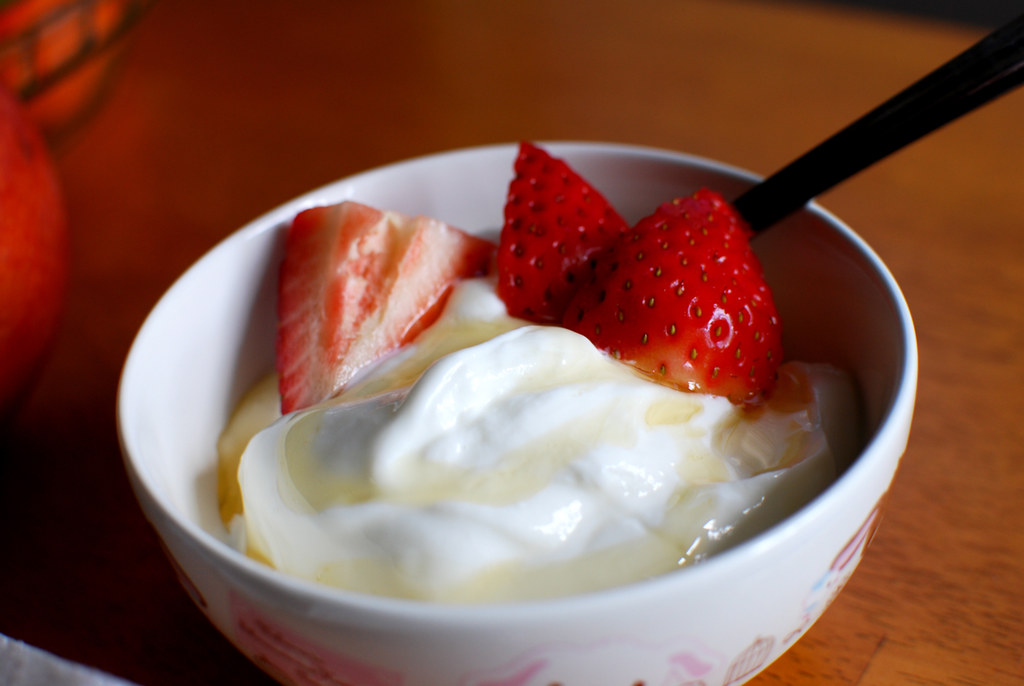
1. Yogurt
In addition to being rich in tryptophan, dairy products are also rich in calcium, which can stabilize the nerves and promote sleep. Besides yogurt, it also includes other dairy products.
2. Kale
This green plant is also rich in calcium
3. Banana
Rich in potassium and magnesium, which helps to calm and promote sleep
4. Whole grains
Rich in magnesium, when magnesium levels are too low, sleepers are more likely to wake up during the night.
Category 4: Antioxidant Series

It mainly refers to the group of fruits rich in antioxidants, in which the antioxidants may counteract the oxidative stress caused by sleep disorders.
1. Berry fruits
Such as blueberries, raspberries, pomegranates, guavas, etc.
2. Kiwi
For people with sleep disorders, may improve sleep duration (increase sleep duration by one hour in a month)
Category 5: Melatonin
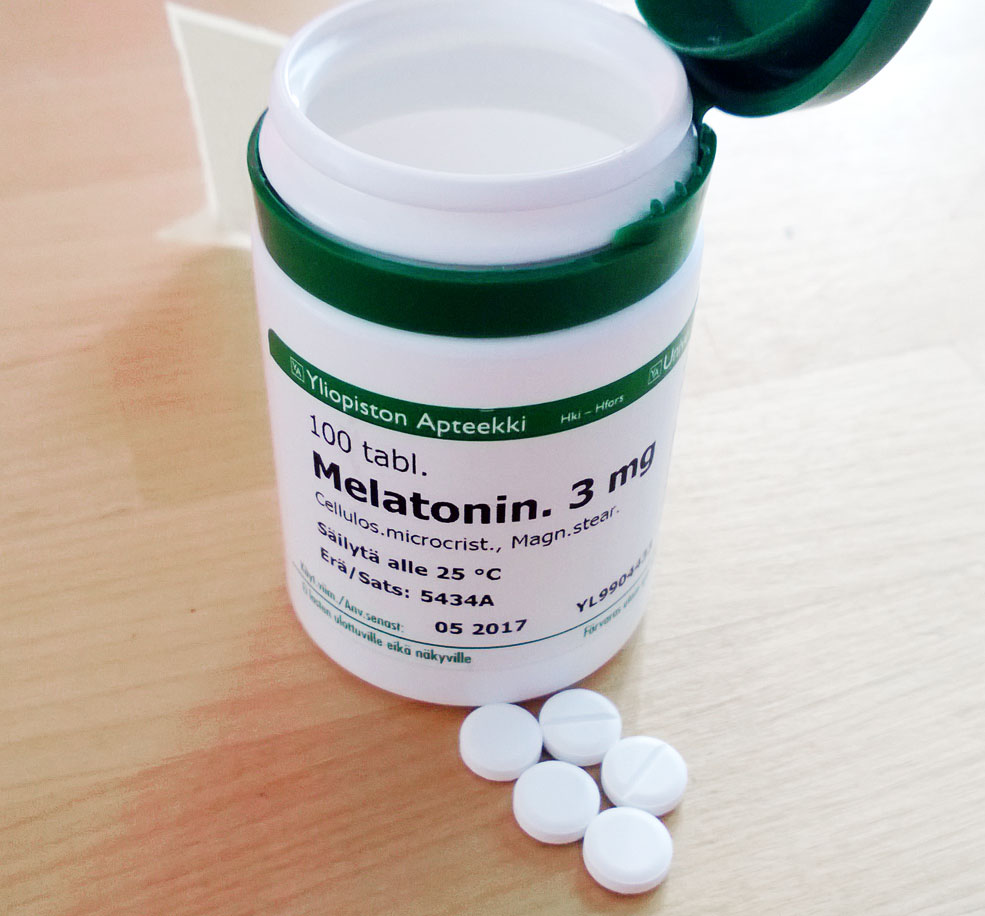
This endogenous hormone regulates the body’s natural sleep and wake cycles, but many people who take it find that it doesn’t work! This is because evidence-based medical research has found that exogenous exogenously ingested melatonin may be effective for people with jet lag, but not necessarily effective as a sleep aid for the average insomniac (and can only be bought as a nutritional supplement in pill form).
Category 6: Other
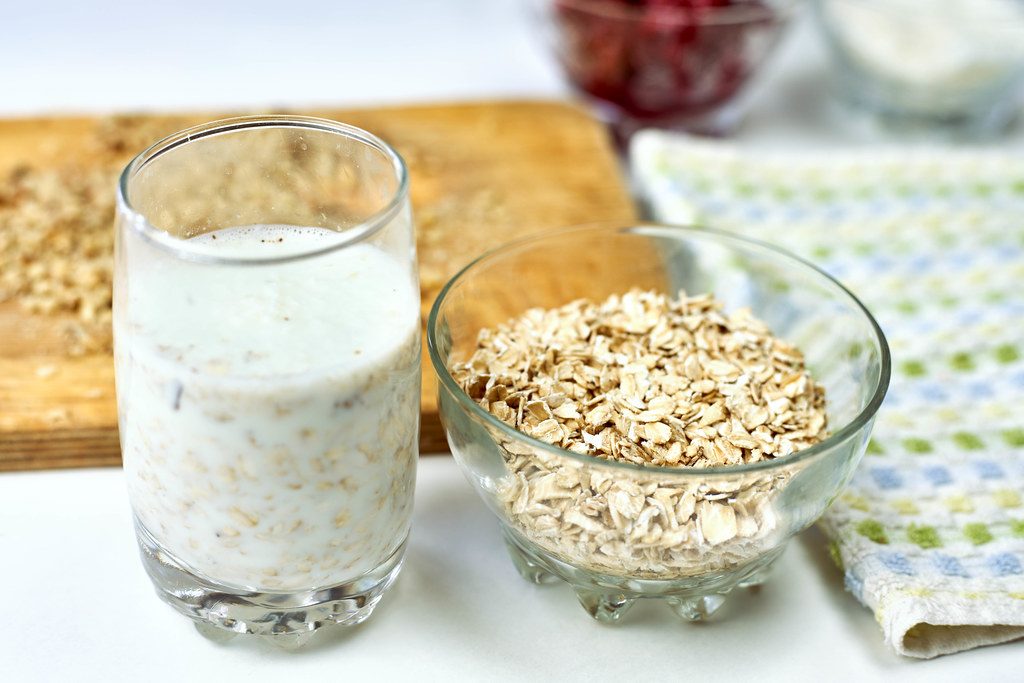
1. oats + low-fat milk
Foods containing complex carbohydrates, proteins, and low fat may boost serotonin and melatonin production, making them suitable for a bedtime addition.
2. Hot milk
There is a link between it and improved sleep. But perhaps it is the psychological effect of the “temperature” sensation, the soothing atmosphere will make people feel warm and relaxed.
3. Alpha Whey Protein
A small study found that dinner intake by poor sleepers may reduce drowsiness and improve concentration the next morning.
The important thing to remember here is that foods containing calcium, potassium, magnesium, tryptophan and B6 are the foods you need.
A hands-on grocery shopping list with 40 healthy foods
Staples: whole grains (brown rice, whole wheat pasta, quinoa, oats, black rice, purple rice, etc.), sweet potatoes, purple potatoes
High quality protein: eggs, poultry, tofu, salmon, tuna, trout
Dairy: low-fat milk, skim milk, low-fat yogurt, cottage cheese
Vegetables: kale, lettuce, colored peppers,
Fruits: berries (blueberries, raspberries, pomegranates, guavas, grapes), kiwis, bananas, cherries
Snacks: unsalted nuts of all kinds (almonds, walnuts, cashews, pistachios, pecans), seeds (pumpkin seeds, sunflower seeds, flax seeds, black sesame seeds, etc.)
Drinks: milk (heat it yourself at home), green tea, chamomile tea
The role of food in improving sleep is uncertain and varies from person to person, and everyone has different genes and different metabolisms, but there is always no harm in eating nutritious food.
If certain foods work for you, such as drinking a glass of hot milk 1 hour before bedtime and you sleep well, then keep this habit.
But still, what works for you may not work for others. It’s better to see a neurologist if you have really severe insomnia.
In short, eat healthy foods, lots of fresh fruits, vegetables, whole grains and low-fat proteins, maintain a healthy weight and exercise properly. You can never go wrong with a healthy routine, finding outlets to release stress and getting a good night’s sleep!
